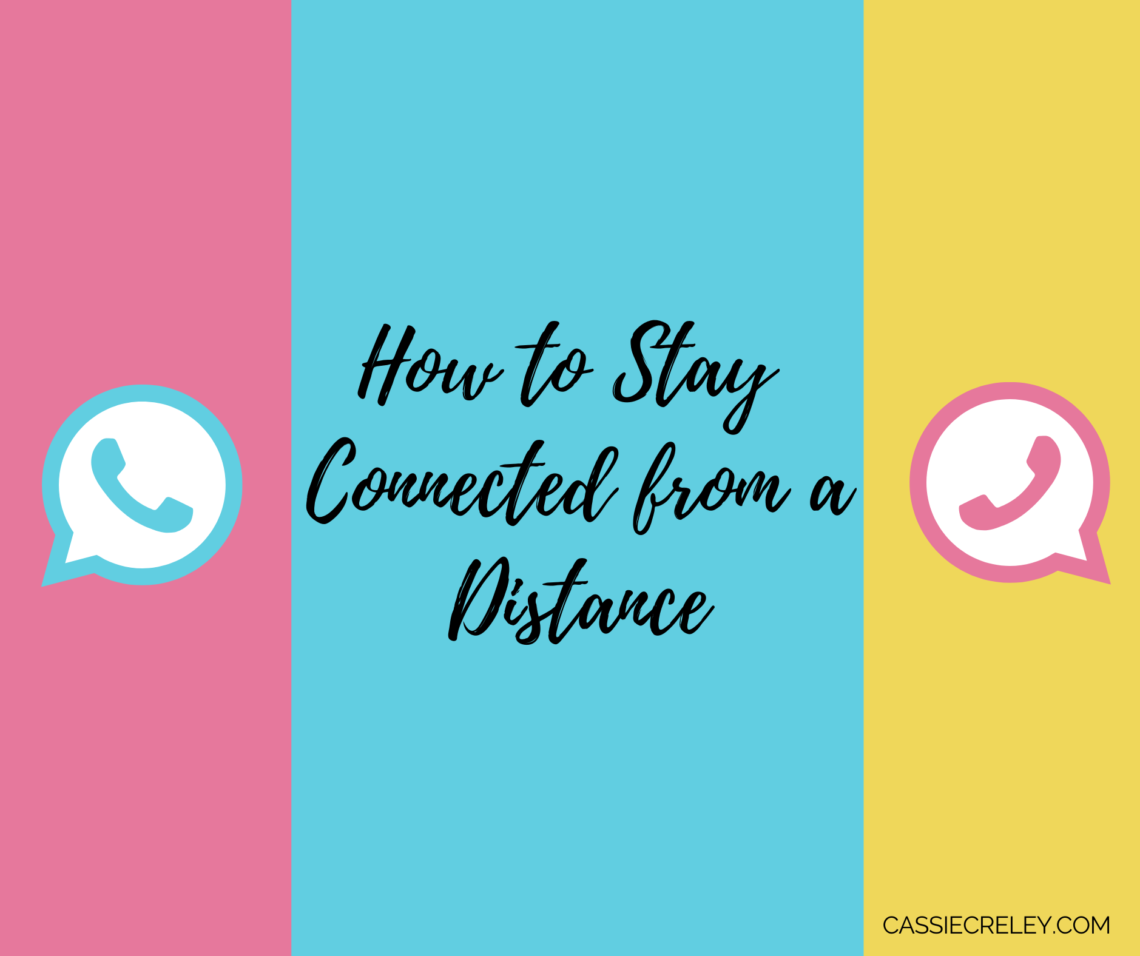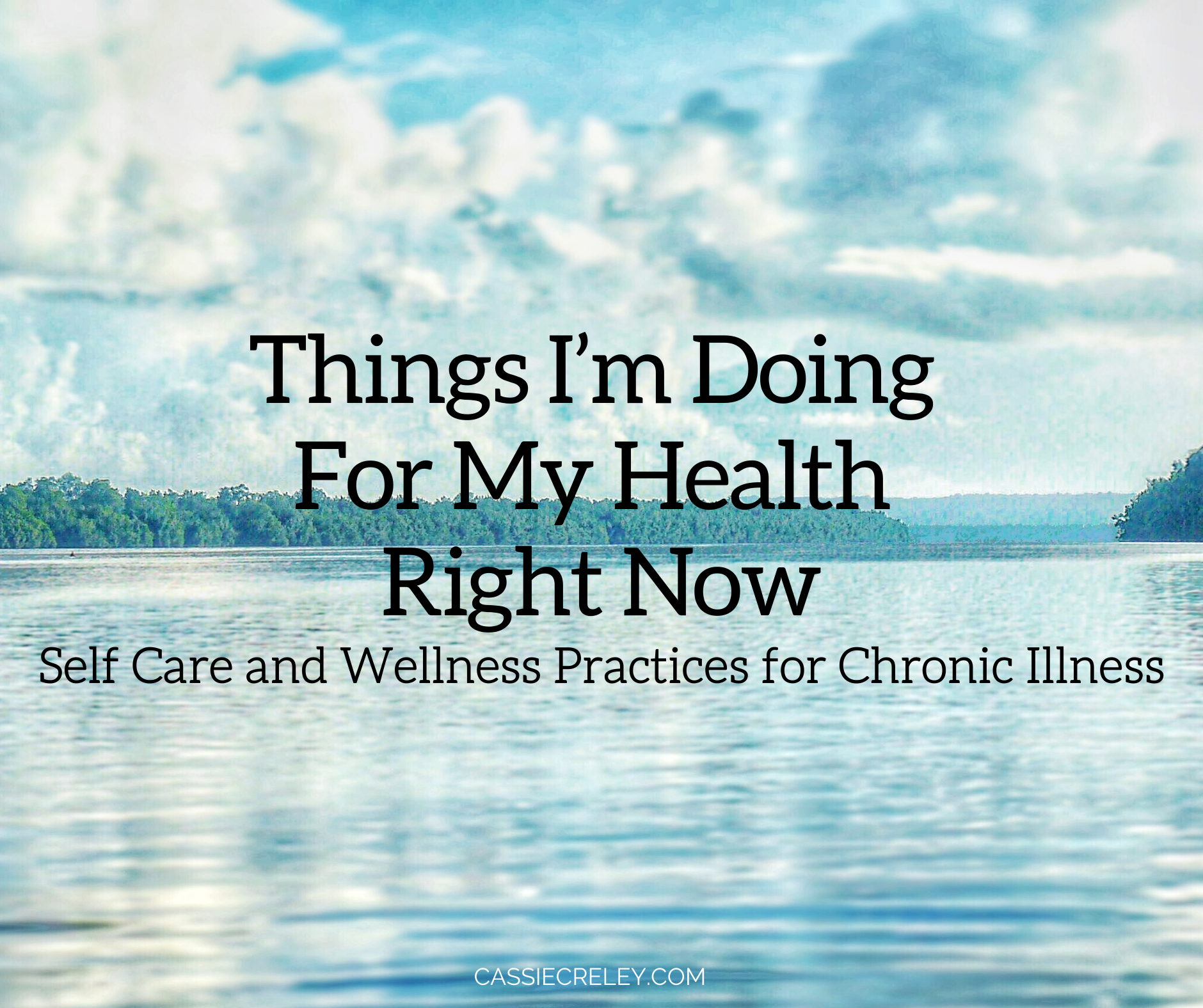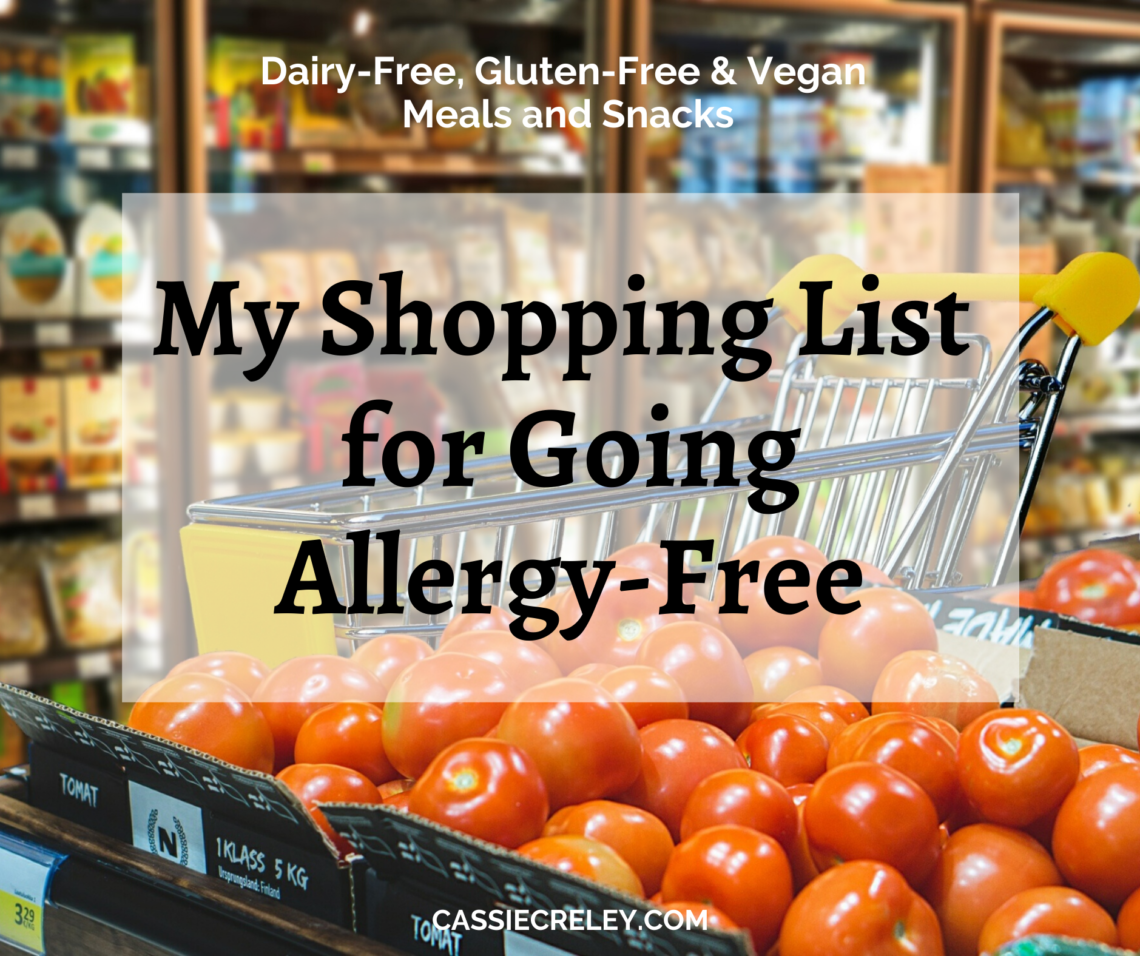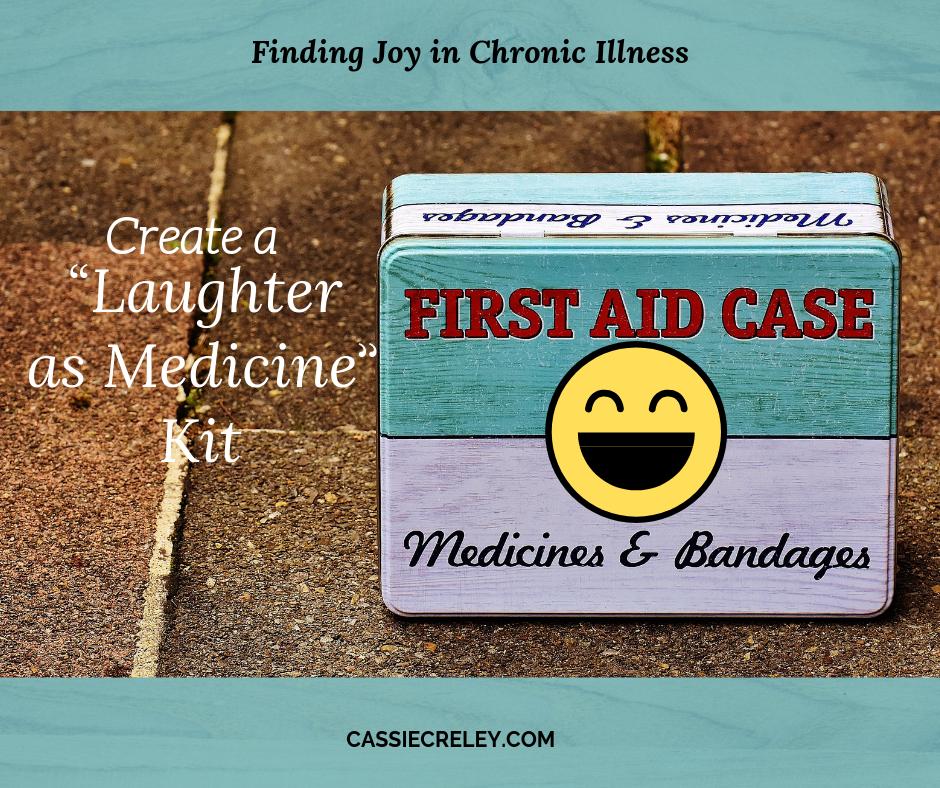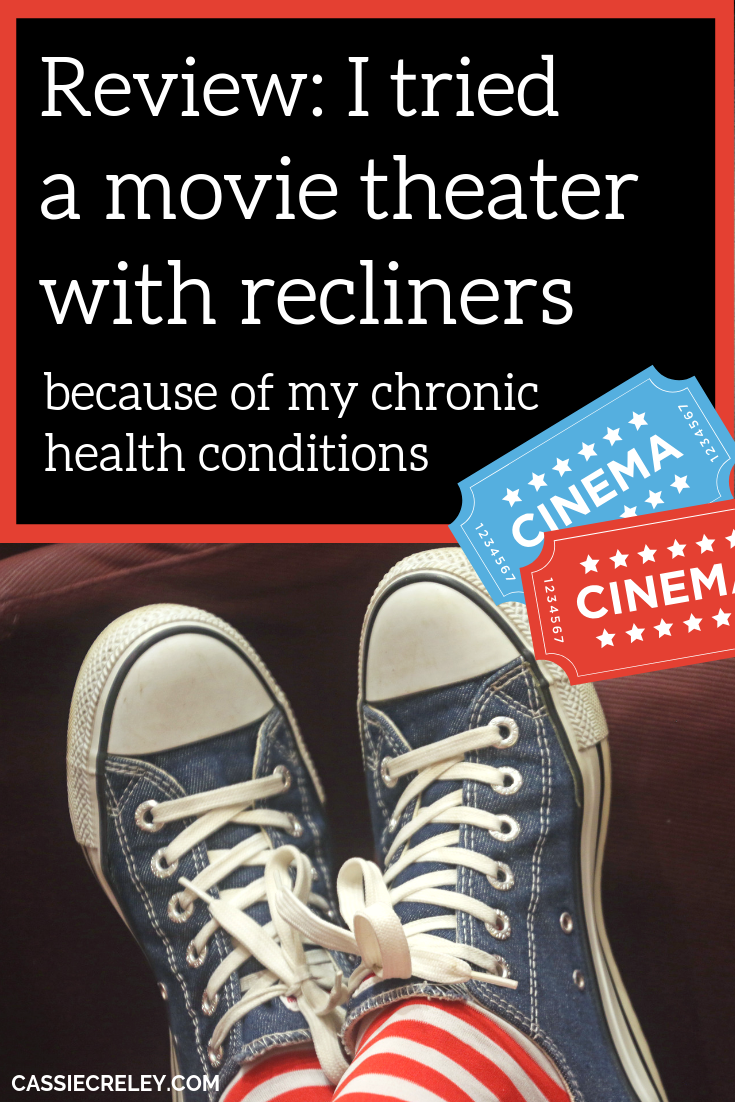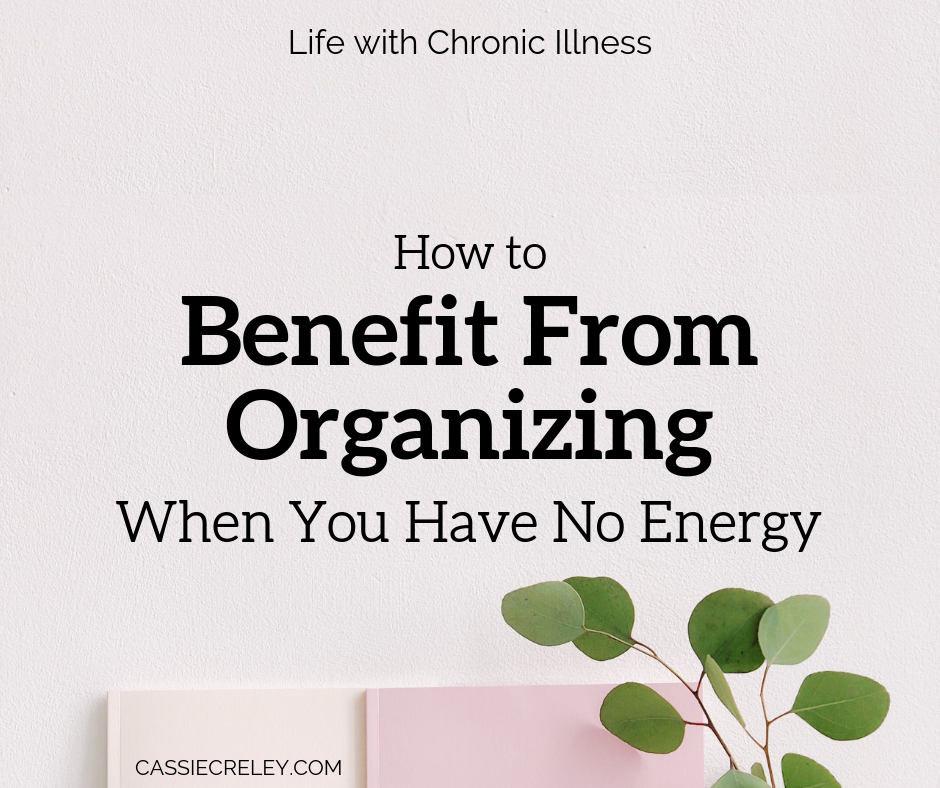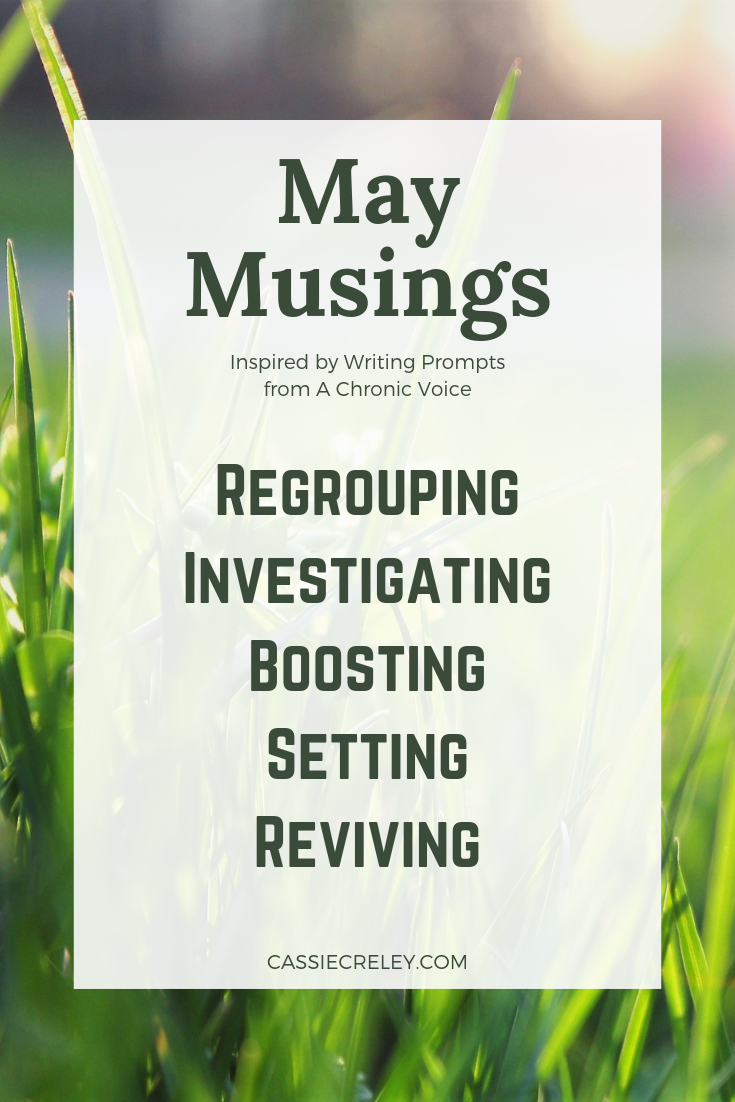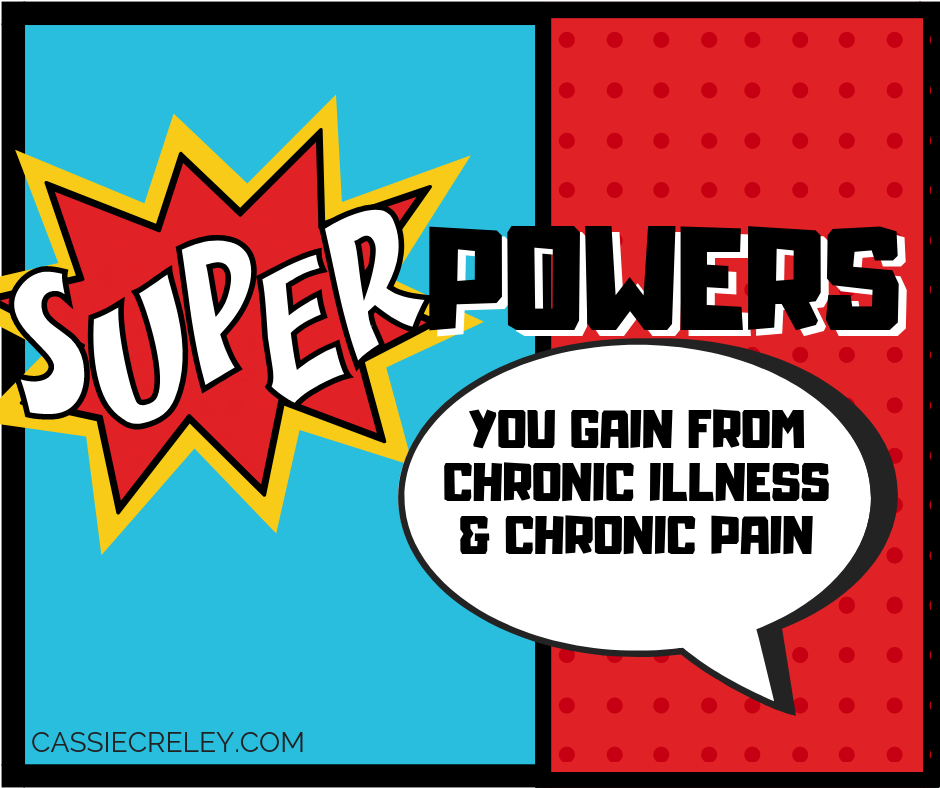Health
-
How To Stay Connected From A Distance
This post is all about finding creative ways to stay connected while we’re apart. I’ve been planning to write this post for awhile, and because of quarantine and social distancing, now seems more perfect than ever.
I’m sure everyone is aware that these are very unusual times everywhere. In case you’re interested in what’s going on in my corner of the world: I’ve been home since March 5 at my doctor’s advice to protect myself from COVID-19. On March 16, Americans were asked to stay home as much as possible to flatten the curve (all schools in Washington were officially closed that day as well), and March 23 the Washington state governor issued a stay-at-home order.
To everyone who is taking this seriously and protecting those of us with weakened immune systems: THANK YOU. We can do this, and I have some tips.
If there is one good thing in the midst of all this, it’s that people are realizing how challenging it can be to stay connected when you can’t leave your home. As I shared in a Facebook post, oddly enough, I’ve been able to be more social recently because people are free to talk to on the phone and join video calls.
Chronic illness is super isolating, and the chronic illness community has a lot of advice for everyone experiencing this challenge. (For more on what this looks like in day to day life for people with chronic illness, I recommend this article from The Mighty.)
This post is for everyone experiencing this temporary change due to quarantine and social distancing, as well as though of us who are chronically ill and have had to adapt long-term.
-
Things I’m Doing For My Health Right Now
I’m a huge advocate of being proactive when it comes to your health, so I today I’m sharing some of the ways I’m doing this right now.
Lately, I’ve had the feeling that no matter what I do for my health, it feels kind of futile. That’s one of the sucky things about being chronically ill—you can do all the right things, and still be, well, chronically ill. Plus, I’ve been dealing with the cold weather (one of my triggers), health set backs, and—oh joy—new symptoms. It’s frustrating and ironic when your health is one of the things keeping you from being proactive about your health.
Thus, this blog post. I thought it would be helpful to record the ways I can be proactive about my health, and how these actions do help, even if just in a small way.
Some of the items on my list may look a little random, or not the kind of things you would associate with “health.” Most of these things aren’t specific to helping any one health condition, like my dysautonomia, fibromyalgia, asthma, autoimmune disease, ME/CFS, etc. But I’ve been trying to pay attention to what is zapping my energy or causing me stress. Viewing a problem as an opportunity to improve my health helps in two ways: 1) this helps me clarify a goal (less energy output or stress) and 2) this helps motivate me to make positive changes (by reminding me that this is important to my overall wellbeing). This clarity and motivation is enough to break through my brain fog and exhaustion so that I’m able to work on my health.
My hope is that this post will help you take a look at what you’re doing for your own wellness, or inspire you to think of new ways you can include more self care in your life. And when you make that list, I hope your reaction is similar to mine: I might be limited in what I can do for my health right now, but I’m doing the best I can.
-
A Dairy-Free, Gluten-Free Starter Kit: My Go-To Shopping List for Food Allergies
I remember sitting in the doctor’s office and hearing I had to give up dairy. He had a strong suspicion it was aggravating my asthma. (He was right.) I didn’t know where to start when I found out I had food allergies.
My brain was going through the list I had kept for the last week, tracking everything I ate. There was milk, or butter, egg, or cheese in everything. What on earth was I going to eat? Carrots? I already had several food allergies to deal with, so this was going to be a challenge. I faced a similar challenge when my allergy tests suddenly showed a new allergy to gluten a couple years ago.
At the time, I wished I had a friend to walk with me through the grocery store to help me find food that I could eat. I’m going to be that friend for you! While I can’t actually shop with you, I’ve created this list to give you a place to start.
Finding out you have food allergies can be very daunting. It’s hard to know where to start when you’re trying an elimination diet or cutting out whole food groups. It felt like a huge potential waste of money to pile items into my cart, wondering if I would even like any of them. And, unfortunately gluten-free and dairy-free foods have a bad rap for being tasteless or gross.
Although I’ve tried some weird things over the years, the good news is that there are many, many allergy-free options that are delicious! This list is made up of the options I love best, so I can save you some of that trial and error.
-
Create a Laughter as Medicine Kit
This post is all about ideas for adding more laughter to your life!
While laughter may or may not be the best medicine, it sure can make a difference.
I’ve been compiling a list of things that make me laugh, and it’s turned into a kind of first aid kit for making me feel better. Being intentional about cultivating joy and laughter has been even more important to me since I’ve been dealing with multiple chronic illnesses as well as chronic pain. Maybe you’re dealing with similar health challenges, or just looking for tips to improve your wellbeing. So I’m going to share ideas with you so you can make your own customized laughter kit!
Having a list of funny resources has been helpful because my brain is often fried due to chronic illness (hellooooo brain fog!). Instead of having to hunt around when I need a pick me up, I can use my kit as a jumping off point. (I printed my list off, but you can save it to your phone or wherever makes sense for you.)
Oftentimes, when I need a pick-me-up, my brain is too fried to think “Oh, I should watch or read such-and-such, that always makes me feel happier!” So, that’s why I’m making this list, so I know what tools I have in my laughter-as-medicine kit.
Before we dive into making a laughter-as-medicine kit…how exactly does laughter help?
I think we all know that laughter is a good thing, especially if you’re dealing with chronic illnesses, but did you know it can physically make a difference?
-
Review: I tried a movie theater with recliners because of my chronic health conditions
I FINALLY got to see Avengers: Endgame a few weeks ago!
(Don’t worry, this post is spoiler-free!)
I’ll share what I thought of trying a movie theater with recliners for the first time, as well as some tips for going to the movies with dysautonomia, chronic fatigue, fibromyalgia, and other chronic illnesses.
I had been wanting to see Endgame for weeks, having waited a whole year after that cliff hanger. I was carefully avoiding spoilers in conversations and online. (I had to quit Pinterest after seeing two spoiler-y things. And I’m glad I didn’t look up the meaning of two things I saw on Facebook—I figured they were Marvel-related, and after seeing the movie, I’m so glad I didn’t, because they were indeed spoilers!)
-
How to Benefit from Organizing When You Have No Energy
Sometimes I just want to go on an organizing or cleaning spree. I’m one of those people who gets an inordinate amount of satisfaction from tidying things up and putting things in order. I love the feeling of looking around and seeing everything tucked away where it belongs—it’s like a puzzle piece clicking into place. An organized space helps me to feel accomplished, refreshed, and peaceful. When I need to de-stress, organizing is actually very relaxing.
I would very much love to benefit from organizing, but my energy level simply says “no.” My chronic health conditions mean I burn out super easily—something as mundane as taking a shower or sitting at my computer for 20 minutes can make me feel as if I ran a marathon.
I was super bummed to think I’ve lost a major way to de-stress that I depended on. Now more than ever, I could use some tried and true ways to decompress!
So instead of throwing out organizing, I’m rethinking it. How can I still benefit from tidying even though my energy is nonexistent? I’ve thought of some ideas to share with you.
-
May 2019 Musings – Regrouping, Investigating, Boosting, Setting & Reviving
I’m excited to participate in A Chronic Voice’s link up for the first time! Link up parties are a fun way for bloggers to connect and write about similar themes, and this one is geared towards those of us in the chronic illness community. I’ve never had a chance to participate in one before, so I’ve been eager to give it a try. Let me know what you think of this style of post in the comments.
The themes for this month are Regrouping, Investigating, Boosting, Setting and Reviving.
It was a nice change to have guidelines “assigned” for writing a blog post. (I think Andy Warhol was onto something about having a “boss on retainer.” Having the framework for a post given to me felt a little more structured—like having a boss vs. winging it on my own.)
So, using A Chronic Voice’s five writing prompts for this month as a jumping off point, here’s what has been going on with me lately.
-
Superpowers You Gain From Chronic Illness and Chronic Pain
Just for fun, I thought I’d write a post about all the “superpowers” we (unintentionally) gain when we develop chronic health conditions.
My massage therapist and I joke that I fight crime in my sleep. It’s a much more fun explanation for why my muscles freak out (the real reason: fibromyalgia). We joke that this is why I have brain fog too—I’m so deep undercover that *I* don’t even know that I’m a secret super hero, so I must be getting my memory wiped every morning. Sounds legit.
This got me thinking that, hey, those of us in the spoonie community really do have our own set of superpowers. And no radioactive spiders are even required! (Thankfully, because I hate spiders…and as for radioactive—been there, done that!)
I hope you enjoy these tongue-in-cheek examples of our superpowers. Because in all seriousness, each of you are fighters to get through each day with chronic illness and chronic pain.
